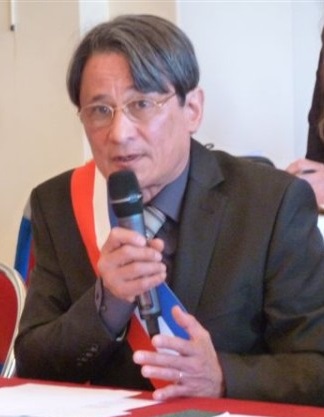 The government of Spain’s Catalonia region said on Thursday it would push ahead with a planned burqa ban after a recent European Union ruling that banning full face veils in public did not violate the human rights of Muslim women.
The government of Spain’s Catalonia region said on Thursday it would push ahead with a planned burqa ban after a recent European Union ruling that banning full face veils in public did not violate the human rights of Muslim women.
The Catalan Government first announced its controversial plans to control the wearing of burqas and other face-covering attire in public spaces “for reasons of public safety” in 2013. The move had nothing to do with religion and would also see the public wearing of garments including helmets and masks banned, Ramon Espadaler, Interior Minister for Catalonia, announced at the time.
On Thursday, Espadaler said the Catalan government would the begin of process of getting the bill approved in the regional parliament after the summer 2014 recess, Spain’s Cuatro TV channel reported.
The recent EU ruling that France’s ban on full-face veils like the burqa and the niqab in public was legal had opened up a “new perspective” on the proposed law in Catalonia, said the minister responding to a question in the Catalan parliament. This meant the region could now leglisate against such face covering from a human rights perspective as well from a safety angle, Espadaler said.
The minister also pointed out the Catalan government wanted to legislate on the issue because previous attempts to do so by individual Catalan towns had been thwarted by Spain’s courts.

 Two mothers were refused access to the beach at Wissous, Essonne, because they were wearing Muslim headscarves.
Two mothers were refused access to the beach at Wissous, Essonne, because they were wearing Muslim headscarves.
 As part of his party’s plan to
As part of his party’s plan to  The Government should press on with banning the veil in Britain after a French law doing the same was
The Government should press on with banning the veil in Britain after a French law doing the same was  A ban on people wearing clothing that covers their face in public, like a burqa or niqab, may find its way to Denmark following a landmark decision at the European Court of Human Rights on Tuesday.
A ban on people wearing clothing that covers their face in public, like a burqa or niqab, may find its way to Denmark following a landmark decision at the European Court of Human Rights on Tuesday.